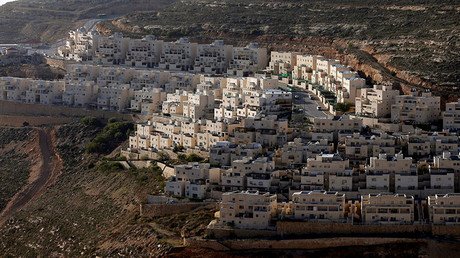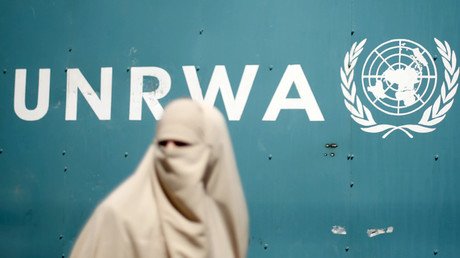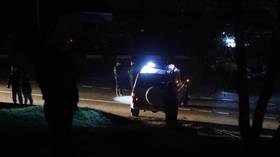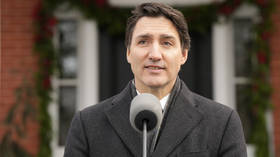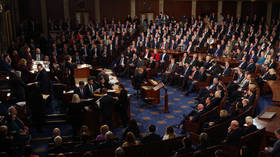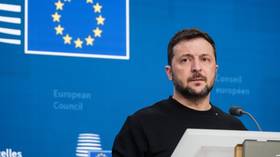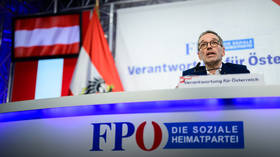Israel approves electricity cuts for Gaza Strip
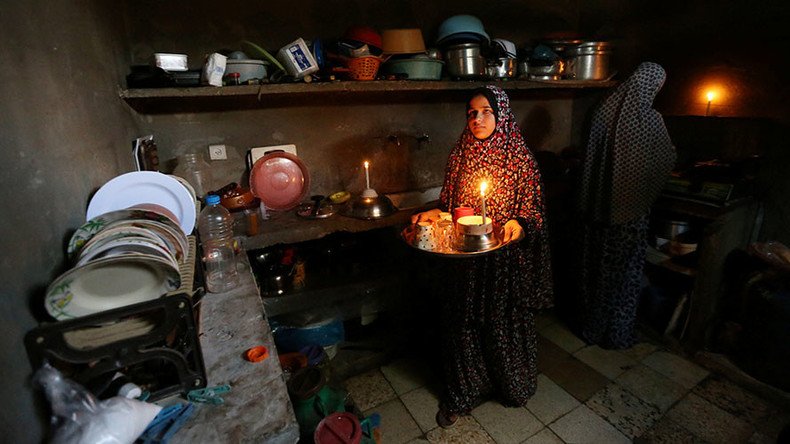
Following the decision of the Palestinian Authority to pay less for electricity consumed by the Gaza Strip, Israel has voted to cut them off. The decision might have fatal consequences for healthcare and the environment in the enclave.
Israel’s security cabinet unanimously voted to cut the Gaza Strip’s power supply on Monday. The decision was made after the Palestinian Authority (PA) limited how much it will pay for power supplied to enclave.
“This is a decision by [Abbas]… Israelis paying Gaza’s electricity bill is an impossible situation,” Israeli Public Security Minister Gilad Erdan told Army Radio, according to Reuters.
Last month, the Palestinian Authority informed Israel that it would cover only 70 percent of the monthly cost of electricity supplied by the Israel Electric Corporation to the Gaza Strip.
The Gaza Strip has been controlled by the Hamas Islamist movement since the 2007 conflict with the Fatah party, led by the head of the West Bank-based PA, Mahmoud Abbas. All attempts to achieve reconciliation between the two parties have failed so far.
Payment for electricity is deducted by Israel from Palestinian tax revenues it collects on behalf of the PA. Tel Aviv does not deal with Hamas and considers it to be a terrorist group.
A PA official openly admitted that the row over electricity is aimed at bringing the Gaza Strip back under control.
“We renew the call to the Hamas movement and the de facto government there to hand over to us all responsibilities of government institutions in Gaza so that the government can provide its best services to our people in Gaza,” Reuters quoted PA spokesman Tareq Rashmawi as saying.
The decision might have fatal consequences for Gaza’s healthcare situation, as the enclave’s medical facilities already largely rely on small standalone generators, according to spokesman for the Health Ministry in Gaza Ashraf al-Qidra.
Hamas has condemned the decision to cut the electricity supply to Gaza as “catastrophic and dangerous,” and threatened both Israel and the PA.
“The decision of the occupation to reduce the electricity to Gaza at the request of PA President Mahmoud Abbas is catastrophic and dangerous. It will accelerate the deterioration and explode the situation in the Strip,”said Hamas spokesperson Abdel Latif al-Qanua, as quoted by the Times of Israel.
“Those who will bear the consequences of this decision are the Israeli enemy, who is besieging the Gaza Strip, and Palestinian Authority President Mahmoud Abbas,” he added.
Dr. Asa’ad Abu Skarekh, a professor at al-Azhar University of Gaza, called the move a “collective punishment” of Palestinians by Israel, saying that people depending on electricity for life support and ordinary people will suffer most.
“In Gaza hospitals, there’re people who live on life support machines... There’re children, there’re infants, there’re people who are suffering from kidney diseases, from cancers – unless there’s electricity, these people will suffer and probably they will die. Of course we need electricity for university, for our school, for our welfare, for our cooking – electricity must be provided for all aspects of life,” Skarekh said.
Israel is internationally recognized as an occupying power in Gaza, and is thus responsible for the welfare of the people living there, Skarekh said, lamenting that at the same time the international community “does not punish the state of Israel” for what he says are “racial laws against the Palestinian people.”
